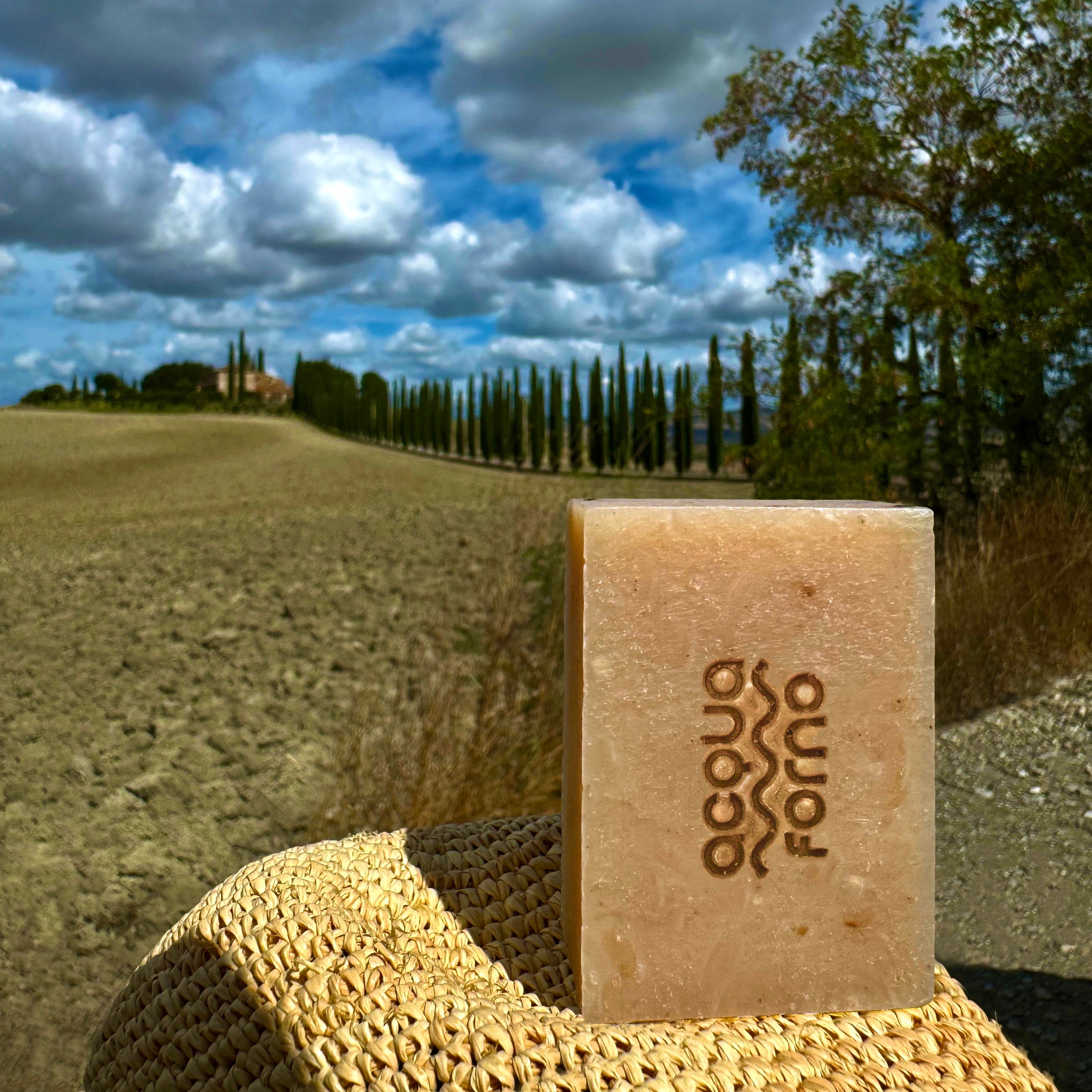One of the primary reasons to opt for artisanal soap is its use of natural and organic ingredients.
Essential oils, plant extracts, vitamins, and antioxidants are just a few of the valuable components that can be incorporated into handmade soaps. And the most interesting part? These ingredients not only cleanse the skin but also nourish and protect it, enhancing its beauty and resilience. Creating handmade soaps takes more time and usually involves premium ingredients, which explains their elevated price. Nevertheless, they are often significantly gentler on sensitive skin. Organic soaps are typically made in small batches by local artisans, just as Grandma used to do in the traditional way. This small-batch approach allows for better quality control and a greater variety of products. Each batch can easily be adjusted to introduce new scents or styles without the need for extensive retooling of factory equipment. Consequently, these soaps offer a high degree of customization. Features like color, shape, size, texture (smooth or grainy), scent, and batch size can be altered to provide consumers with maximum choice.
Appropriate for all skin types
Artisan soap is a valuable companion for all skin types: whether dry, oily, or sensitive, there is a perfect soap for everyone! With its gentle and natural formulation, artisanal soap honors the skin's balance, helping to maintain its health and radiance.
Unlike industrial soaps, artisanal soaps are free from parabens, SLS, silicones, and other potentially harmful chemical substances for both the skin and the environment. But why is it essential to steer clear of these ingredients? The answer is straightforward: these substances can lead to irritation, allergies, and even long-term issues like premature aging and cellular damage.
Creating handmade soaps takes more time and usually involves premium ingredients, which explains their elevated price. However, they are often significantly gentler on sensitive skin. Organic soaps are usually produced in small batches by local artisans. This small-batch approach allows for better quality control and a greater variety of products. Each batch can easily be adjusted to introduce new scents or styles without the need for extensive retooling of factory equipment. Consequently, these soaps offer a high degree of customization.
What to Look for on the Label
Before buying artisanal soap, it’s important to examine the label carefully. Look for the listed ingredients and the product's origin. This way, you can ensure that you’re selecting a natural, high-quality soap.
Conclusion
Artisan soap is truly a hidden gem in the realm of natural skincare. With its natural ingredients and lack of harmful chemicals, it offers a safe and effective choice for skin care. All you need to do is give it a try and discover its gentleness and benefits.
Happy skincare!

